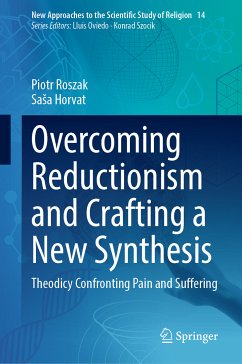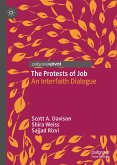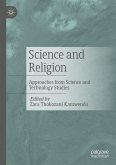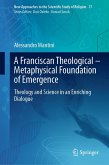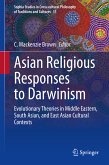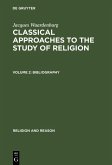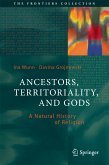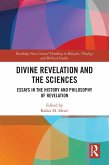The age-old quandaries of pain, suffering, and evil have troubled humans for countless generations. Perhaps never before have scientific inquiry and theological reflection experienced such a deep connection as in these times. Horvat and Roszak demonstrate the benefits of adopting a holistic approach while acknowledging the limitations of reductionist views. The reader will find here a meaningful quest for answers to profound existential questions while exploring uncharted territory. -
-Professor John Anthony Berry (University of Malta)
I highly recommend reading the book. Written in a clear, compact, rigorous and consistent manner, it develops one of the most intriguing and decisive problems of human existence: pain and suffering. An inexhaustible issue that needs to be permanently updated and re-signified at the pace of scientific advances and cultural changes, something that the authors Horvat & Roszak carry out in this book in a masterful way.
-Professor Leandro Gaitán (University of Navarra)
Dieser Download kann aus rechtlichen Gründen nur mit Rechnungsadresse in A, B, BG, CY, CZ, D, DK, EW, E, FIN, F, GR, HR, H, IRL, I, LT, L, LR, M, NL, PL, P, R, S, SLO, SK ausgeliefert werden.

